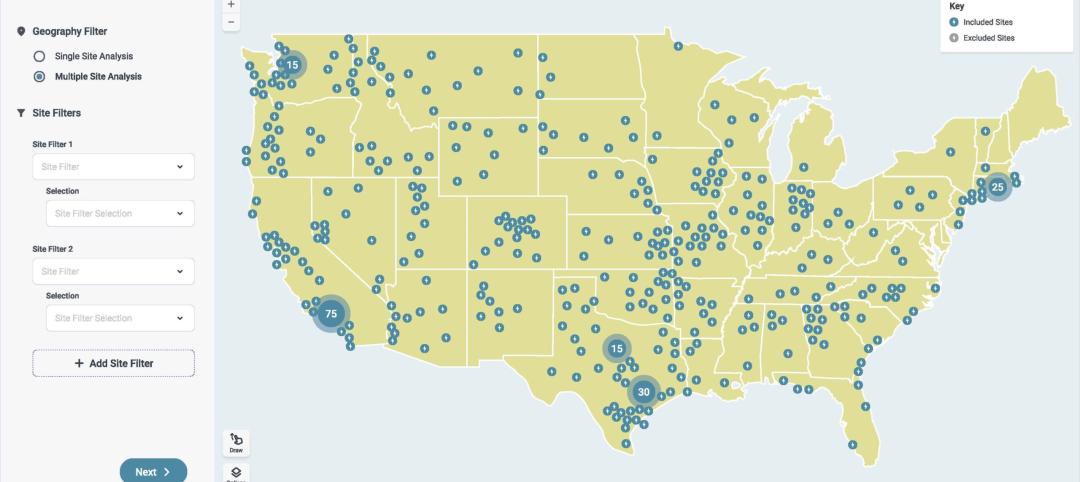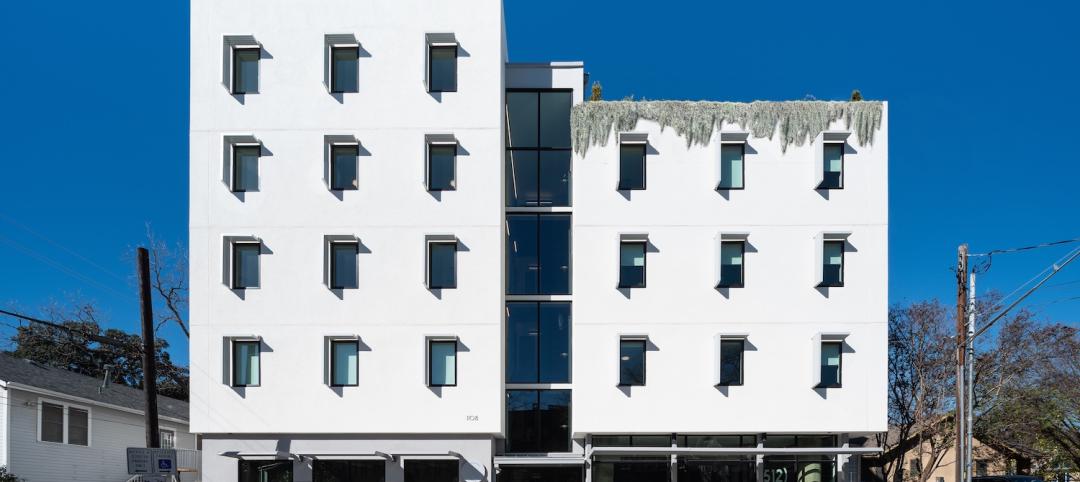In 2017, the A.T. Kearney Foreign Direct Investment Confidence Index concluded, “Investors are bullish about economic growth and FDI [Foreign Direct Investment] prospects, but are monitoring political risks for abrupt changes to the business environment.”
Fast-forward to 2018, and that monitoring is heightened. Trade negotiations and legislation having an impact include: The Tax Cuts and Jobs Act, President Trump’s renegotiation of NAFTA and other trade agreements, the Foreign Investment Risk Review Modernization Act of 2017 (FIRRMA), and tariffs and trade wars.
Some of these actions may have their intended effect of protecting U.S. companies and the nation’s security. For example, the construction industry should reap benefits from tax cuts that lower their effective tax rates. But while easing financial burdens on U.S. businesses—especially small businesses—may be good for the economy, there is widespread concern regarding actions seen as hostile to international trade. Governmental proceedings, as they unfold day-to-day, are very dynamic and fluid. They represent a confluence of political, economic, security, and social issues, and the complexity of the situation is currently causing large international companies to press pause on their investments.
Yet FDI is critical to a thriving domestic economy. According to the Office of the Chief Economist within the U.S. Department of Commerce, “FDI supports a host of benefits in the United States, such as good jobs and innovation resulting from research and development.” And historically, the U.S. has been about average in terms of its restrictiveness on foreign investment. Currently, however, Congress is reviewing FIRRMA, a proposed bill that seeks to protect national security by limiting foreign control of the country’s critical infrastructure.
Significant upheaval was triggered in the first half of 2018, when the White House announced a 25% tariff on foreign-made steel and 10% tariff on aluminum. The action was largely a response to China’s perceived “dumping” of cheap steel and it made a statement about the Trump administration’s attitude toward global trade relations and the perceived status quo.
Maintaining a healthy global economy based upon reciprocal economic relationships—and with the U.S. as an equitable participant—is key to the stability of our own economy.
Stakes rose much higher in early July, when the U.S. imposed an additional 25% tariff on $34 billion of goods imported from China. China responded with an equivalent tariff on $34 billion of goods it imports from the U.S. By July 10, the Trump administration had released a list of $200 billion worth of Chinese goods that could be subject to 10% tariffs. Hearings on these proposed tariffs are scheduled to occur Aug. 20-23.
Beyond this escalation between the world’s two largest economies, Canada announced that it would match (but not escalate) the dollar value of the U.S.’s steel and aluminum tariffs with tariffs of its own, with affected products including consumer goods. Europe is pondering how it can respond to U.S. tariffs without becoming embroiled in a damaging trade war—a task made more difficult by President Trump’s threats to impose tariffs on European auto imports. Switzerland, Russia, China, India, Canada, Mexico, Norway, and the European Union have begun working with the World Trade Organization (WTO), pursuing dispute settlement.
It’s impossible to judge just how long the domino effect will continue. Some experts are predicting that Europe, China, and other economic powerhouses will form mutually beneficial trade relationships with one another that exclude the U.S.
According to consulting and research firm Rhodium Group, Chinese acquisitions and investments in the U.S. fell 92% in the first five months of this year. CSNBC recently reported “Foreign direct investment worldwide is on the decline due to trade war fears, immigration, and protectionist policies.” This follows FDI that was already in decline. According to the United Nations World Investment Report 2018, global foreign direct investment fell by 23% in 2017, and the UN expected it to grow little (or not at all) in 2018. On July 11, the Bureau of Economic Analysis (BEA) released numbers on expenditures initiated by foreign investors in 2017 (the latest available data), and those expenditures were down 32% since 2016.
Various experts have reported that the construction industry is already feeling the effects of the recent tariffs, not only with higher steel and aluminum prices, but with higher prices on Canadian lumber. The news outlet Route Fifty shared a Moody’s Investors Service report which found that “states with the greatest trade dependency on China, Canada, and Mexico are at highest risk of seeing their tax revenues decline—namely Michigan, Kentucky, and Louisiana.” The report also identified manufacturing hubs like Detroit and Greenville, S.C., as well as port cities, as being at high risk.
FDI raises the standard of living for communities and creates opportunities for construction companies across the U.S. Maintaining a healthy global economy based upon reciprocal economic relationships—and with the U.S. as an equitable participant—is key to the stability of our own economy.
Brian Gallagher is Vice President of Marketing with O’Neal Inc., an integrated architecture, engineering, and construction firm. He can be reached at bgallagher@onealinc.com.
Related Stories
University Buildings | Dec 5, 2023
The University of Cincinnati builds its largest classroom building to serve its largest college
The University of Cincinnati’s recently completed Clifton Court Hall unifies the school’s social science programs into a multidisciplinary research and education facility. The 185,400-sf structure is the university’s largest classroom building, serving its largest college, the College of Arts and Sciences.
Office Buildings | Dec 1, 2023
Amazon office building doubles as emergency housing for Seattle families
The unusual location for services of this kind serves over 300 people per day. Mary's Place spreads across eight of the office's floors—all designed by Graphite—testing the status quo for its experimental approach to homelessness support.
Engineers | Nov 27, 2023
Kimley-Horn eliminates the guesswork of electric vehicle charger site selection
Private businesses and governments can now choose their new electric vehicle (EV) charger locations with data-driven precision. Kimley-Horn, the national engineering, planning, and design consulting firm, today launched TREDLite EV, a cloud-based tool that helps organizations develop and optimize their EV charger deployment strategies based on the organization’s unique priorities.
Market Data | Nov 27, 2023
Number of employees returning to the office varies significantly by city
While the return-to-the-office trend is felt across the country, the percentage of employees moving back to their offices varies significantly according to geography, according to Eptura’s Q3 Workplace Index.
Resiliency | Nov 27, 2023
All levels of government need to act to cope with climate-driven flooding and sea level rise
The latest National Climate Assessment highlights the need for local, state, and federal governments to adopt policies to mitigate the effects of climate-driven flooding and sea level rise, according to a policy expert with the National Resources Defense Council.
MFPRO+ New Projects | Nov 21, 2023
An 'eco-obsessed' multifamily housing project takes advantage of downtown Austin’s small lots
In downtown Austin, Tex., architecture firm McKinney York says it built Capitol Quarters to be “eco-obsessed, not just eco-minded.” With airtight walls, better insulation, and super-efficient VRF (variable refrigerant flow) systems, Capitol Quarters uses 30% less energy than other living spaces in Austin, according to a statement from McKinney York.
MFPRO+ News | Nov 21, 2023
California building electrification laws could prompt more evictions and rent increases
California laws requiring apartment owners to ditch appliances that use fossil fuels could prompt more evictions and rent increases in the state, according to a report from the nonprofit Strategic Actions for a Just Economy. The law could spur more evictions if landlords undertake major renovations to comply with the electrification rule.
Codes and Standards | Nov 21, 2023
Austin becomes largest U.S. city to waive minimum parking requirements
Austin, Texas recently became the largest city in the United States to stop requiring new developments to set a minimum amount of parking. The Austin City Council voted 8-2 earlier this month to eliminate parking requirements in an effort to fight climate change and spur more housing construction as Texas’s capitol grapples with a housing affordability crisis.
MFPRO+ News | Nov 21, 2023
Underused strip malls offer great potential for conversions to residential use
Replacing moribund strip malls with multifamily housing could make a notable dent in the housing shortage and revitalize under-used properties across the country, according to a report from housing nonprofit Enterprise Community Partners.
Retail Centers | Nov 15, 2023
Should retail developers avoid high crime areas?
For retailers resolute to operating in high crime areas, design elements exist to mitigate losses and potentially deter criminal behavior.

















